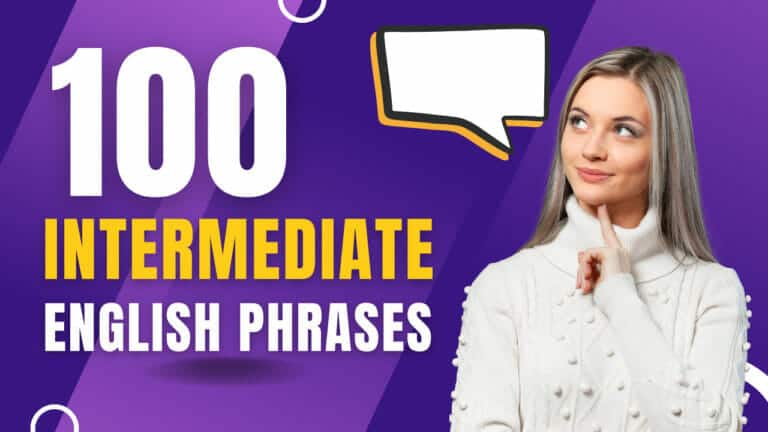
These common errors in English are made by students of all levels, from beginner to advanced. Here are some quick explanations and tips about how to avoid 15 common English mistakes.
“Everybody are happy.”
Words like everybody, somebody, anybody, nobody are actually singular, not plural. Even though “everybody” refers to a lot of people, it takes the singular verb – so the correct sentence is “Everybody is happy.”
“I’ll explain you the problem.”
In this sentence, there are two objects – the direct object (the problem) and the indirect object (you). After explain, we need to use to before the indirect object – the person to whom we are doing the explaining. Also, it’s more common to put the direct object first, so the correct sentence is “I’ll explain the problem to you.”
“I have the possibility to study in Canada next year.”
With “have,” we use opportunity, not possibility – so the correct sentence is “I have the opportunity to study in Canada next year.” The word possibility is more used with “There is…,” for example, “There’s a possibility I may study in Canada next year.”
“I think she doesn’t like tomatoes.”
Although there’s no specific grammar rule here, it’s more common to say “I don’t think she likes tomatoes.”
“If I will see John later, I’ll give him the message.”
Although both events are technically in the future, this sentence should be in the first conditional form – “If I see John later, I’ll give him the message.”
“Do you want that I make breakfast?”
“That” is not normally used after “want.” The correct sentence is: “Do you want me to make breakfast?”
“I’m thinking to buy a new car.”
“To + infinitive” is not used after “think,” so the correct sentence would be: “I’m thinking of buying a new car” or “I’m thinking about buying a new car.”
“They enjoyed the baseball game despite of the rain.”
“Despite” and “in spite of” mean the same thing, and many English learners confuse them. After “despite,” we never use “of.” The correct sentence would be “They enjoyed the baseball game despite the rain” or “They enjoyed the baseball game in spite of the rain.”
“My ten-years-old daughter loves to dance.”
When an age comes after “is,” then you say “years old”: “My daughter is ten years old.” But when an age comes before the person (or object) as an adjective, then you say year, not years – “My ten-year-old daughter loves to dance.”
“Our house is near to the beach.”
“Near” and “close to” mean the same thing, but “to” is never used after “near.” The correct sentence is “Our house is near the beach” or “Our house is close to the beach.”
“I like very much soccer.”
We don’t normally put “very much” between a verb (like) and its object (soccer). The correct sentence would be, “I like soccer very much.” However, in spoken English, it would probably be more common to say “I like soccer a lot” or “I really like soccer.”
“Gary gave to Joan the keys.”
Like “explain” in the example above, “give” has two objects – the indirect object (Joan) and the direct object (the keys). We can say this sentence two ways: “Gary gave Joan the keys” or “Gary gave the keys to Joan.”
“She asked me where do I work.”
This is one of the most difficult parts of English – reported speech. In reported questions, we do not use the auxiliary verb do/does/did – so the correct sentence is, “She asked me where I work.”
“They left without say goodbye.”
When you use a verb after conjunctions and prepositions like after, before, since, when, while, without, instead of, and in spite of, it is generally in the -ing form. So the correct sentence is “They left without saying goodbye.”
“I need to finish this project until Friday.”
Use until to talk about a situation that will continue up to a certain moment, for example: “I’m staying in the city until June.” Use by to talk about a single action or event that will happen before a future moment. By is often used with deadlines, so the correct sentence is, “I need to finish this project by Friday.”
Learn more: Countable & Uncountable Nouns










